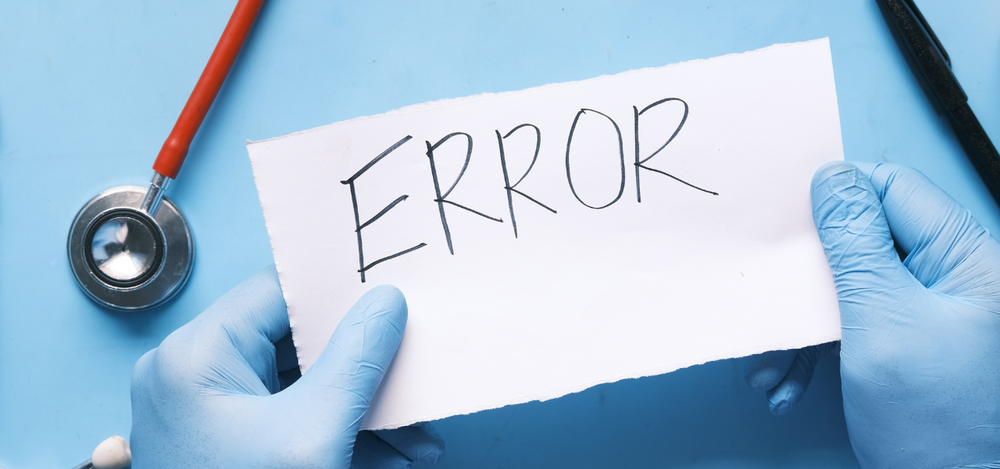Medical Errors are the Third Leading Cause of Death in the U.S.

If medical errors were classified as a disease, they would rank among the deadliest conditions in America. A sobering report revealed that medical errors comprise the third leading cause of death in the U.S., surpassed only by heart disease and cancer.
This assessment emerged from an investigation by researchers at Johns Hopkins University, who analyzed causes of death beyond what’s listed on death certificates. Currently, death certificates do not include medical error as a listed cause of death. For example, if a faulty interpretation of a liver ultrasound test led to a liver biopsy that resulted in a complication, which eventually caused cardiac arrest, the official cause of death would be recorded as cardiovascular, without acknowledging the initiating event - a medical error.
When you start looking at the data through this lens, you can identify approximately 250,000 deaths per year attributable to medical errors. These errors span a wide range, from diagnostic mistakes and communication breakdowns to the failure to perform necessary tests, medication dosage errors, and improper procedures.
Can We Prevent Medical Errors?
While human error is inevitable, reducing its occurrence starts with us shining a light on the problem. If we measure error rates, we can then work to design safer systems to mitigate their frequency and consequences and evaluate impact. The proposed solutions include adding a field on death certificates to indicate whether the death was due to a preventable complication during medical care. Hospitals are also encouraged to conduct independent investigations to assess the role of errors in patient outcomes.
That’s all well and good if you’re a hospital administrator whose job it is to crunch numbers and keep track of outcomes. But what about patients? They’re the ones bearing the brunt here.
So What Can You Do to Protect Yourself?
Recognize That Medicine Isn’t Perfect
Even the most well intentioned care can go wrong. So don’t be lured into thinking that more tests and treatments are always better. Really understand the pros and cons of the proposed care plan - and of doing nothing. Sometimes it’s best–and safest–to do less.
Be Your Own Best Advocate
No one cares more about your well-being than you. Pay attention to what’s going on and make sure you understand the proposed treatments and procedures, including potential side effects and complications.
Prevention
Engage in efforts that help prevent disease so you need less of this imperfect system. Medications and procedures are not a pre-ordained reality as we age. Don’t smoke. Move your body. Eat foods that promote health.That’s the secret to healthy longevity. It’s also the secret to avoiding medical errors.
Step One Foods can’t prevent medical errors. But it does offer simple, real-food solutions to help you maintain your health and reduce your exposure to the medical system.

Tested & Proven Results.
- Cardiologist formulated
- Supported by over 500 publications
- Clinically-proven, in a double-blind randomized trial with Mayo Clinic and The University of Manitoba
80% of participants lowered their cholesterol in just 30 days. With just two servings per day, Step One Foods offers a proven-effective way to naturally lower LDL (bad) cholesterol.
Get heart health tips and articles like this, delivered right to your email.
New articles every week.
You may also like...

Insulin Resistance, Prediabetes and Type 2 Diabetes. Part 4: Un-Doing It.

You don’t need to avoid foods with cholesterol…except for these



